Sociology (SOCI) 301
Social Statistics (Revision 2)

Revision 2 is closed for registrations, see current revision
View previous version
Delivery Mode: Individualized study online (with eTextbook)
Credits: 3
Area of Study: Social Science
Prerequisite: Any successfully completed university course, in any discipline, at any level.
Faculty: Faculty of Humanities & Social Sciences
SOCI 301 is not available for challenge.
Overview
Welcome to Sociology 301: Social Statistics. This course provides an overview of the uses of statistical analyses for the social sciences. You will learn about statistical reasoning and some of the techniques used to summarize data. In addition, you will learn how to formulate and test hypotheses.
Outline
Sociology 301: Social Statistics comprises 11 units. Each unit corresponds to a chapter of readings in the eText, and should take about a week to complete.
- Unit 1: Introduction to Statistics and Displaying Information in Tables and Graphs
- Unit 2: Measures of Central Tendency and Variability
- Unit 3: Correlation and Prediction
- Unit 4: Some Key Ingredients for Inferential Statistics: The Normal Curve, Sample versus Population, and Probability
- Unit 5: Introduction to Hypothesis Testing
- Unit 6: Hypothesis Tests with Means of Samples
- Unit 7: Making Sense of Statistical Significance
- Unit 8: Introduction to the t Test
- Unit 9: The t Test for Independent Means
- Unit 10: Introduction to the Analysis of Variance
- Unit 11: Chi-Square Tests
Evaluation
Your final grade in Sociology 301: Social Statistics will be based on your performance in 6 assignments, a midterm examination, and a final examination (to be completed once you have completed and submitted all of your assignments and the mid-term examination. To receive credit for SOCI 301, students must achieve a course composite grade of at least D (50 percent) and a grade of at least 50 percent on the final examination. The weighting of the composite grade is as follows:
| Activity | Weighting |
|---|---|
| 6 Assignments (5% each) | 30% |
| Mid-term Examination | 30% |
| Final Examination | 40% |
| Total | 100% |
To learn more about assignments and examinations, please refer to Athabasca University's online Calendar.
Course Materials
Textbook
Registration in this course includes an electronic textbook. For more information on electronic textbooks, please refer to our eText Initiative site.
Aron, A., Aron, E., and Coup, E. (2011). Statistics for the Behavioral and Social Sciences: A Brief Course. (5th Edition). New Jersey: Pearson Prentice Hall.
A print version of the eText may be available for purchase from the publisher through a direct-to-student link provided on the course website; you can also acquire the textbook on your own if you wish.
Recommended Reading
The following textbook is recommended reading throughout the course. The AU Study Guide is not to be confused with the Study Guide and Computer Workbook by Theodore W. Whitley (following).
Whitley, T. (2011). Study Guide and Computer Workbook to accompany Arthur Aron, Elaine Aron, and Elliot Coup's Statistics for the Behavioral and Social Sciences: A Brief Course. (5th Edition). New Jersey: Pearson Prentice Hall.
Athabasca University reserves the right to amend course outlines occasionally and without notice. Courses offered by other delivery methods may vary from their individualized-study counterparts.
Opened in Revision 2, December 18, 2013.
View previous version

